17 Smart Grocery Shopping Tips to Save Money
Grocery shopping can quickly add up, but with a few smart strategies, you can keep your bill under control. Planning your meals in advance and sticking to a shopping list are simple ways to avoid impulse purchases. Taking advantage of sales and discounts is another great way to save money without compromising on quality. Buying in bulk or choosing store brands can also help lower costs while still providing the essentials. Shopping for seasonal produce and avoiding pre-packaged items can reduce waste and further cut expenses.
This post may contain affiliate links, which helps keep this content free. Please read our disclosure for more info.
Plan Your Meals for the Week
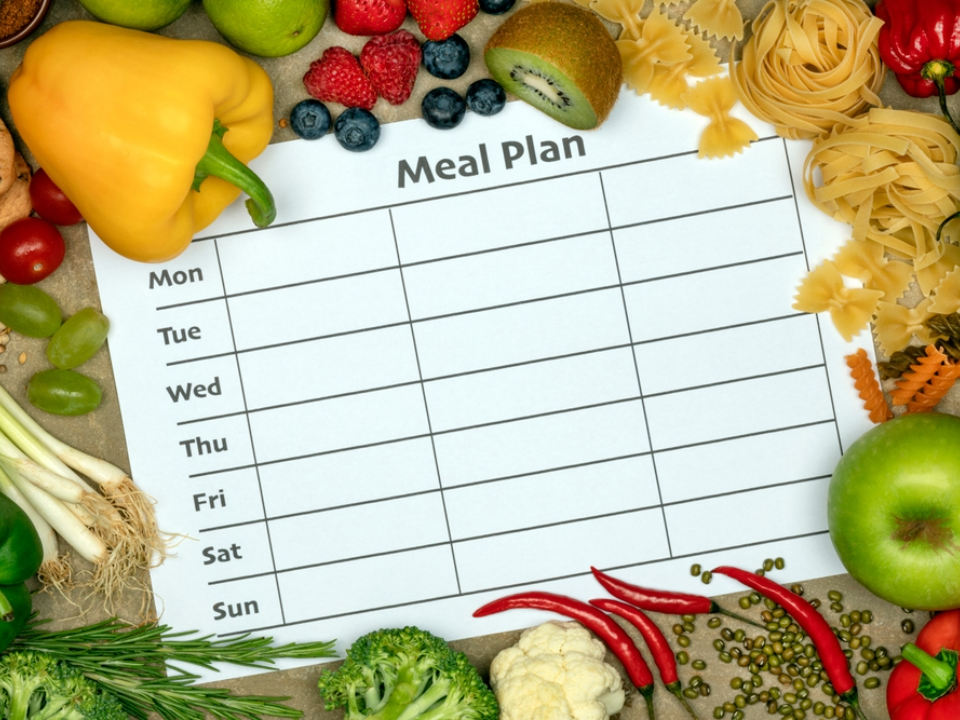
Meal planning can save you money by helping you avoid impulse buys. When you create a meal plan for the week, you can make a list of the ingredients you need, ensuring you only purchase what is necessary. This reduces the likelihood of purchasing items that will go unused, reducing food waste and saving money in the long term.
It also allows you to take advantage of deals on products you will actually use. Buying in bulk or looking for sales on items needed for your meal plan can further help lower your grocery bill. This way, you make smarter choices that fit your budget while ensuring you have everything you need for your meals.
Stick to a Shopping List

Going to the store with a clear shopping list is an effective way to stay on track and avoid purchasing unnecessary items. A list allows you to focus on the items you truly need, reducing the temptation to pick up snacks or extras that can quickly add up. By only buying what is on your list, you can prevent spending money on items that are not part of your planned meals.
Having a list also helps you avoid forgetting key items. If you stick to it, you will spend less time wandering the aisles, which also reduces the chances of making random, unplanned purchases. You can also organize your list by store sections, making your trip quicker and more efficient.
Shop Sales and Discounts

Taking advantage of sales and discounts is one of the best ways to save money while grocery shopping. Look out for weekly promotions and coupons that offer discounts on essential items. Many stores offer loyalty programs that provide discounts or rewards, so be sure to sign up and use them during your shopping trips.
You can also compare prices at different stores to ensure you are getting the best deal. For items you use often, purchasing them when they are on sale can help reduce the overall cost of your grocery bill. Even small discounts can add up over time, leading to significant savings.
Avoid Shopping While Hungry

Shopping while hungry can lead to overspending on unhealthy snacks or impulse buys. When you’re hungry, you’re more likely to pick up items you do not need, which can drive your total bill up. To avoid this, try to shop after eating a meal or snack so that you can stick to your list and make more thoughtful purchasing decisions.
By shopping with a full stomach, you are less likely to give in to cravings for chips, cookies, or other high-cost, non-essential foods. You will be able to focus on purchasing only the items that are part of your meal plan and stick to your budget.
Buy Store Brands

Store brands often offer the same quality as name-brand products but at a lower price. They are usually produced in the same facilities as the more expensive branded products, meaning you are getting a similar product at a much more affordable price. By switching to store brands for everyday items like milk, pasta, and canned goods, you can significantly reduce your grocery bill.
Look for store-brand versions of your most frequently purchased items, as these savings can add up over time. While some products may differ in taste or texture, many store brands offer great value, especially for staple items.
Use Coupons

Coupons are one of the simplest ways to lower your grocery bill. Whether through newspaper inserts, apps, or store-specific promotions, using coupons can add up to substantial savings. Before heading to the store, spend a few minutes searching for digital or physical coupons for the items on your shopping list.
However, it’s important to use coupons wisely. Avoid buying products just because you have a coupon for them if they are not something you would typically purchase. Coupons should be used on items you genuinely need to help reduce your overall grocery expenses.
Buy in Bulk
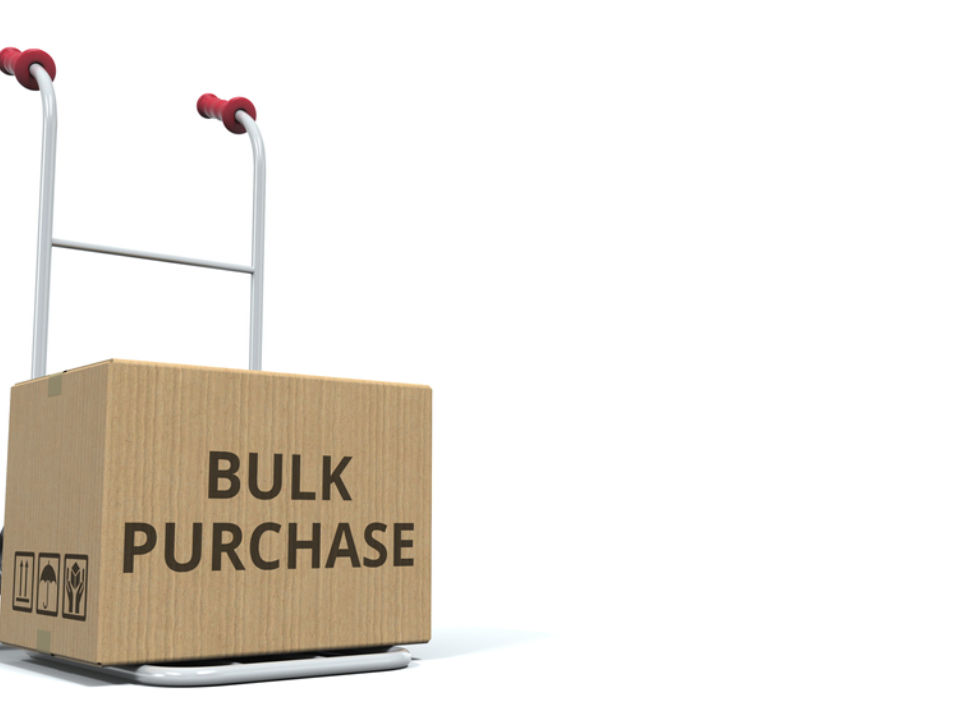
Buying in bulk is an effective way to save money on certain items. Bulk purchases are usually cheaper per unit, allowing you to stock up on products you use frequently, such as rice, pasta, or cleaning supplies. Many stores offer bulk bins where you can purchase as much or as little as you need.
While buying in bulk can be more affordable, make sure that you will use the products before they expire. This works best for items with a long shelf life or those you use regularly. Bulk buying also reduces the number of trips to the store, saving you both time and money in the long run.
Shop Seasonally

Buying fruits and vegetables in season is an excellent way to save money. Seasonal produce is usually cheaper because it is more abundant and doesn’t require special handling or transportation. By purchasing seasonal items, you can enjoy fresh produce at a lower price while supporting local farmers.
You can also incorporate seasonal items into your meal plan, allowing for more variety in your meals without significantly increasing your grocery costs. Seasonal produce tends to be fresher and tastier, offering a better value for your money.
Stick to the Perimeter of the Store

Most grocery stores arrange their layout with perishable items like fruits, vegetables, dairy, and meats around the outer edges. These are often healthier and more affordable than processed foods found in the aisles. By focusing on shopping the perimeter of the store, you are likely to spend less on processed snacks, frozen meals, and sugary items.
This strategy helps you prioritize fresh, whole foods, which are usually better for your health and your wallet. The more you shop for fresh ingredients, the fewer pre-packaged, expensive convenience items you will need to buy.
Avoid Pre-Cut or Pre-Packaged Foods
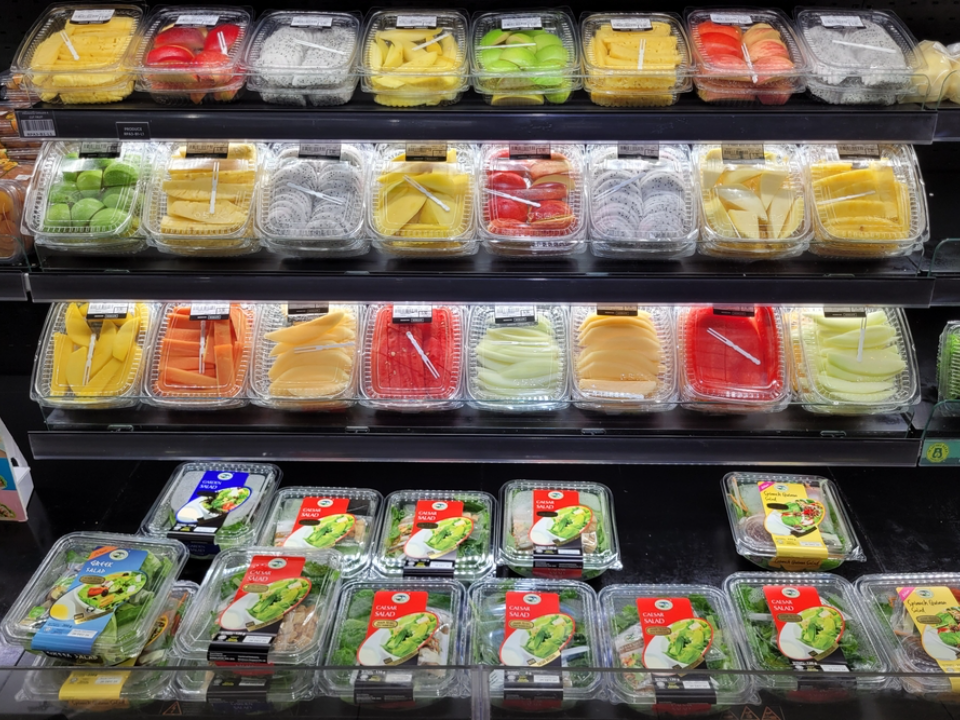
Pre-cut fruits, vegetables, and pre-packaged meals may be convenient, but they come at a premium price. By purchasing whole fruits and vegetables and cutting them yourself, you can save money and enjoy fresher products. In addition, you can control the portions and avoid unnecessary waste.
While pre-packaged items might save time, they typically cost more than their whole counterparts. Taking the extra time to prepare ingredients yourself will help stretch your grocery budget and give you more flexibility in meal planning.
Use Cash Instead of Cards

Using cash can be an effective way to stick to your grocery budget. When you use cash, you are physically limited to the amount you have, which can help prevent overspending. It also helps you avoid impulse purchases that may arise when you are swiping a card.
Before you go shopping, decide how much money you can afford to spend and withdraw that amount. This method encourages careful decision-making, ensuring that you stay within your set budget. Plus, it can help you avoid accumulating credit card debt from unnecessary grocery expenses.
Buy Frozen Vegetables and Fruits
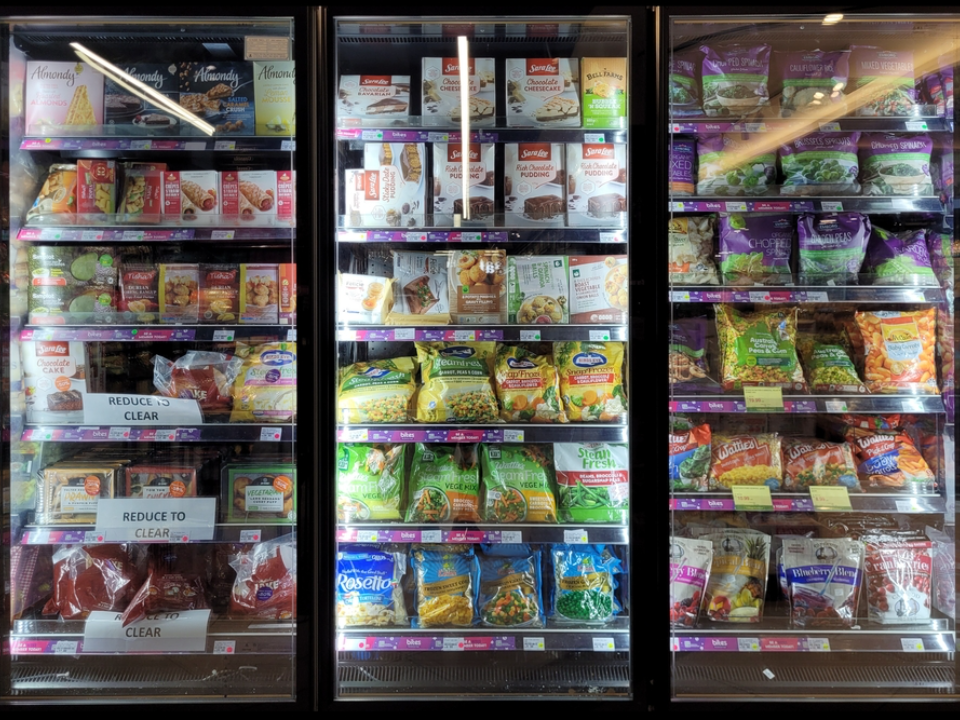
Frozen fruits and vegetables can be a cost-effective alternative to fresh produce. They are often less expensive, have a longer shelf life, and can be stored for extended periods. They are just as nutritious as fresh varieties, as they are frozen at their peak ripeness, preserving their vitamins and minerals.
Frozen vegetables and fruits can be used in a variety of dishes, from smoothies to soups, helping you save money while still enjoying healthy meals. Additionally, buying frozen reduces the likelihood of waste, as you can use only what you need.
Shop at Discount Stores
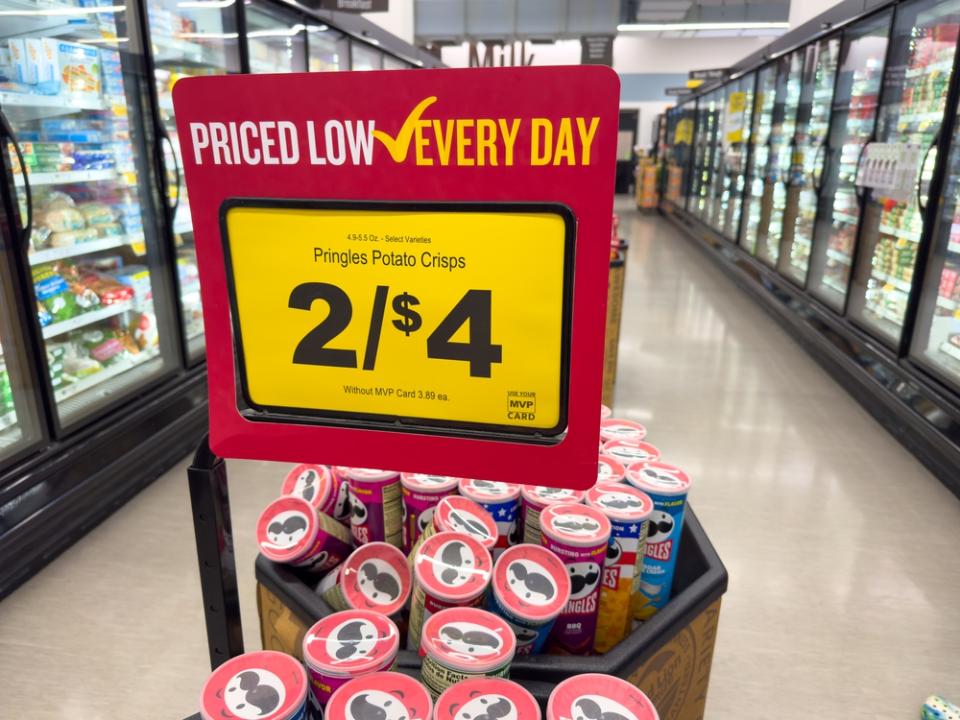
Discount grocery stores are often overlooked, but they can offer great savings on everyday items. Stores that specialize in budget-friendly products often carry the same quality as more expensive retailers, but at a lower price. Look for stores that focus on providing basic products at reduced costs, often passing on the savings to customers.
In addition to low prices, discount stores may carry their own store brands, which are typically less expensive than name-brand options. Shopping at these stores can help you stretch your budget without compromising on quality or essential items.
Use Price-Per-Unit Comparison

Comparing the price per unit can help you identify the better deal when deciding between multiple products. Sometimes, larger packages appear to be a better deal, but the price per unit might not reflect that. Always check the price per unit on the shelf tag to see if you are truly getting the best value.
This comparison works for items across all categories, from canned goods to cleaning supplies. By consistently comparing prices, you can avoid overpaying for seemingly “cheaper” items and make smarter purchasing decisions.
Keep Track of Your Grocery Expenses

Keeping track of your grocery spending can help you identify areas where you can cut back. Use a simple notebook, a mobile app, or a spreadsheet to record your purchases and total expenses each week. Over time, you can spot trends and adjust your shopping habits to save money.
By being aware of how much you are spending, you can also make adjustments to your shopping list and meal plan. Tracking your expenses encourages you to stick to your budget and avoid overspending.
Avoid Specialty Stores for Everyday Items
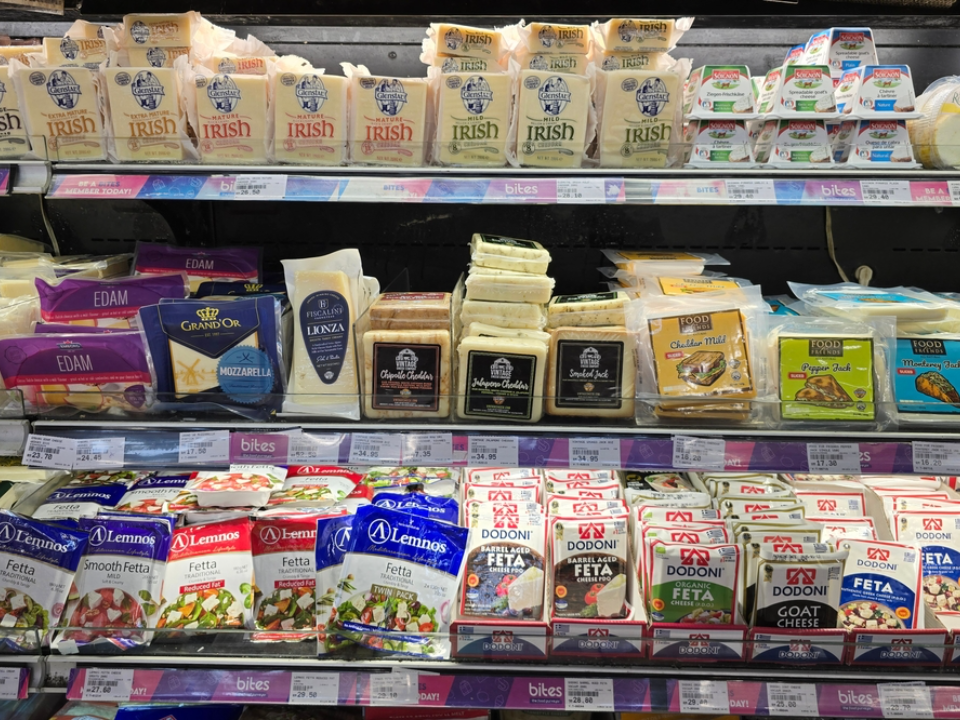
Specialty stores often have higher prices for everyday items compared to larger chain supermarkets. While it’s great to shop at specialty stores for unique or gourmet products, they are not always the best option for regular grocery items. Stick to large chain stores or discount stores for items like bread, eggs, and dairy to save money.
If you need specialty products, try to buy them in small quantities or when they are on sale. This approach helps you save money while still being able to purchase the unique items you enjoy.
Consider Subscription Boxes for Essentials
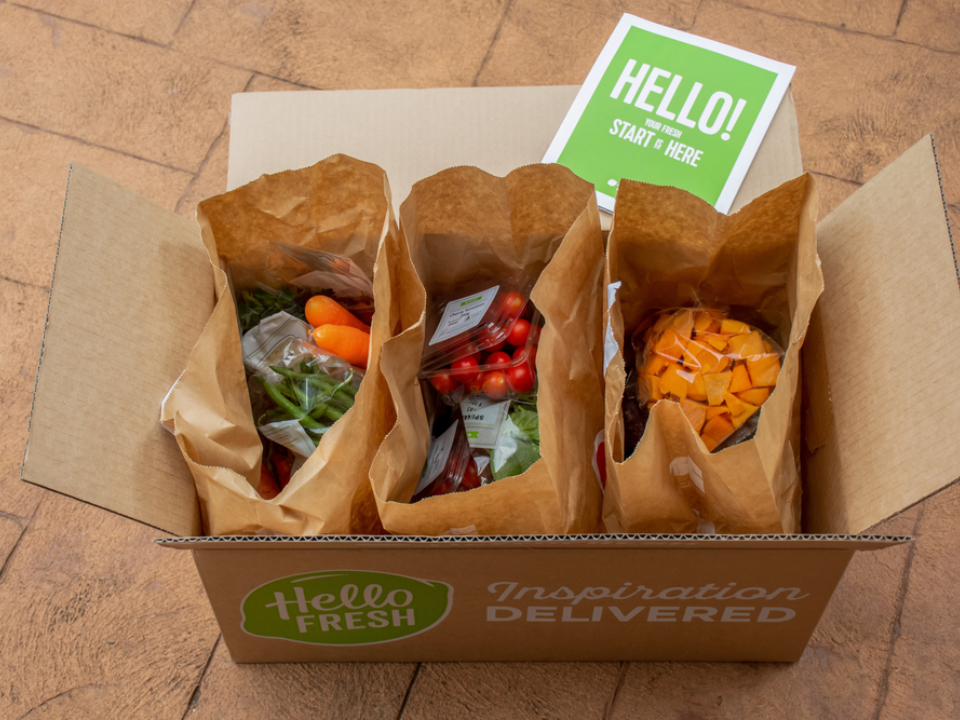
Subscription boxes for grocery essentials can help you save time and money. These services deliver items like fresh produce, dairy, and pantry staples directly to your door at competitive prices. Many subscription services offer discounts or loyalty rewards, which can further lower your costs.
These services are particularly useful for busy individuals or families who want to avoid the hassle of shopping every week. By subscribing to a service that delivers essentials, you can enjoy regular savings and have the convenience of shopping without leaving home.
This article originally appeared on Avocadu.
